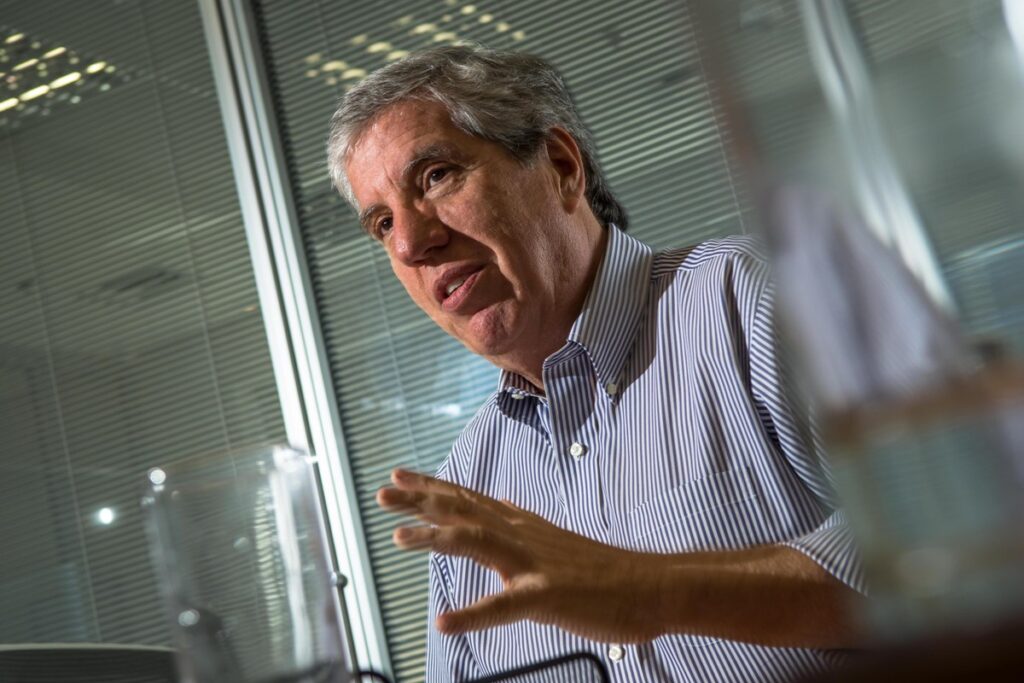A group of business leaders and top executives is rallying in support of a bill that lays the foundation for the creation of a carbon credits market in Brazil. The group, comprising 59 members, includes notable figures such as Ana Maria Diniz (Instituto Península), Arminio Fraga (Gávea), Elie Horn (Cyrela), Fabiana Alves (Rabobank), Guilherme Benchimol (XP), Horácio Piva (Klabin), Luiza Trajano (Magazine Luiza), Paulo Kakinoff (Porto), Pedro Bueno (Dasa), and Walter Schalka (Suzano).
In August, many of these leaders signed a manifesto titled “Economic Pact with Nature,” offering their support to the Executive, Legislative, and Judicial branches in advancing projects that help combat global warming. The manifesto highlighted recent floods in Rio Grande do Sul and the wildfires that affected various regions across the country.
Now, building on that initial step, the group is advocating for a bill that represents a convergence of perspectives among lawmakers regarding the creation of rules for carbon credit trading. Currently, there is a bill under discussion in Congress, which is moving through the Senate and addresses the creation of the Brazilian System for Trading Greenhouse Gas Emission Credits (SBCE).
“That first document [Economic Pact with Nature] was broad, and from now on, we want to work on concrete issues, always in partnership with the three branches of government,” said Fábio Barbosa, CEO of cosmetics company Natura.
At this point, he added, “it is crucial to pass this bill, which could be voted on in the coming weeks. We’re approaching COP 29 in Azerbaijan, and it would be an opportune moment for Brazil to take on a leadership role. To do so, we need to have our house in order, and this bill would position Brazil to engage more fully in these environmental discussions.”
Mr. Barbosa is one of the signatories of the open letter that calls for support for the bill. Another group member and co-signatory is Pedro de Camargo Neto, a rancher and member of the meatpacker BRF’s board.
“Brazil is a major player in carbon sequestration. There are numerous reforestation and regeneration projects, in addition to the vast federal forest areas,” said Mr. Camargo Neto. “The money [to buy Brazil’s carbon credits] is available, but we are not yet prepared to receive it.”
Mr. Barbosa echoes this point: “There are already many interested investors. Large foreign companies are coming to Brazil to explore the possibility of purchasing carbon credits. We need regulation so that the country can participate in this international market.”
Mr. Camargo Neto recently visited Brasília, where he spoke with members of both the government and Congress. He returned with the impression that most of the concerns with the bill’s text have been resolved and that there is now near-unanimous support. “We can’t keep delaying something already ready.” The bill, which is awaiting a Senate vote, was discussed in June during a public hearing held by the Senate’s Environmental Assets Market Subcommittee and received praise from experts.
The letter signed by the business leaders said that passing the bill is “a fundamental measure to stimulate the development of low-carbon technologies, position Brazil as a key player in global discussions that will take place at the upcoming COP 29, and open up new opportunities for wealth creation. There is no time to waste.”
The United Nations Climate Change Conference, taking place this year in Baku, Azerbaijan, begins on November 11. Brazil will host COP 30 in 2025.

